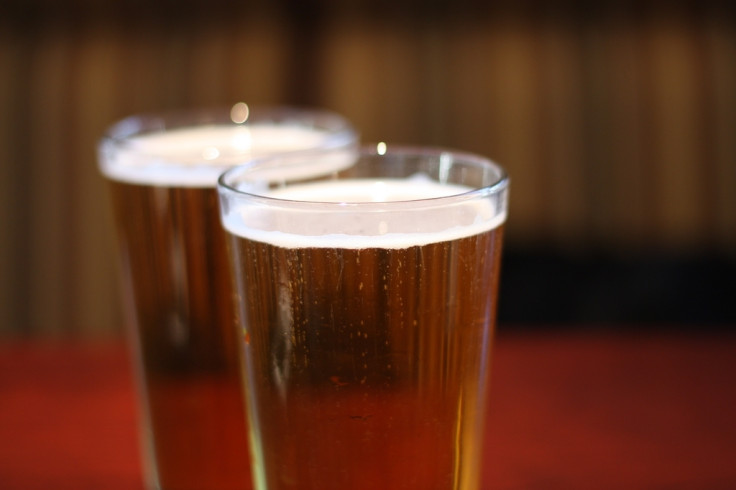Drinking alcohol may improve your ability to speak a foreign language
Low doses may be beneficial to the speaking abilities of the bilingual.

Low doses of alcohol may improve a person's speaking ability in a second language, according to a new collaborative study between the University of Liverpool, King's College London and Maastricht University.
While alcohol is known to impair cognitive and motor functions – including memory and attention – it also increases self-confidence and reduces social anxiety, hence why many bilinguals believe it is beneficial to them when trying to interact with someone in a second language.
"Our study shows that acute alcohol consumption may have beneficial effects on the pronunciation of a foreign language in people who recently learned that language," said Inge Kersbergen, from the University of Liverpool's Institute of Psychology, Health and Society, who was involved in the study. "This provides some support for the lay belief (among bilingual speakers) that a low dose of alcohol can improve their ability to speak a second language"
For the study, published in the Journal of Psychopharmacology, researchers examined the effects of small quantities of alcohol on 50 native German speakers who were studying in the Netherlands and had recently learned to speak, read and write in Dutch.
The participants were randomly given either an alcoholic drink or a control beverage, which contained no alcohol, before a chat with one of the researchers in Dutch. The amount of alcohol given varied depending on the weight of the person, but was roughly equivalent to just under a pint of 5% beer for a 70kg male.
The chat was recorded and the participant's speaking abilities were rated by two native Dutch speakers who did not know if they had consumed alcohol or not. The participants also rated their own speaking abilities during the conversation.
The researchers found that those who had consumed alcohol received better ratings from the native Dutch speakers, specifically regarding better pronunciation, compared to those who had not consumed alcohol. Alcohol seemingly had no effect on the participants' own ratings of their Dutch language skills.
"It is important to point out that participants in this study consumed a low dose of alcohol," said Fritz Renner one of the researchers at Maastricht University. "Higher levels of alcohol consumption might not have beneficial effects on the pronunciation of a foreign language."
Dr Jessica Werthmann, another researcher from Maastricht University, said "We need to be cautious about the implications of these results until we know more about what causes the observed results. One possible mechanism could be the anxiety-reducing effect of alcohol. But more research is needed to test this."





















